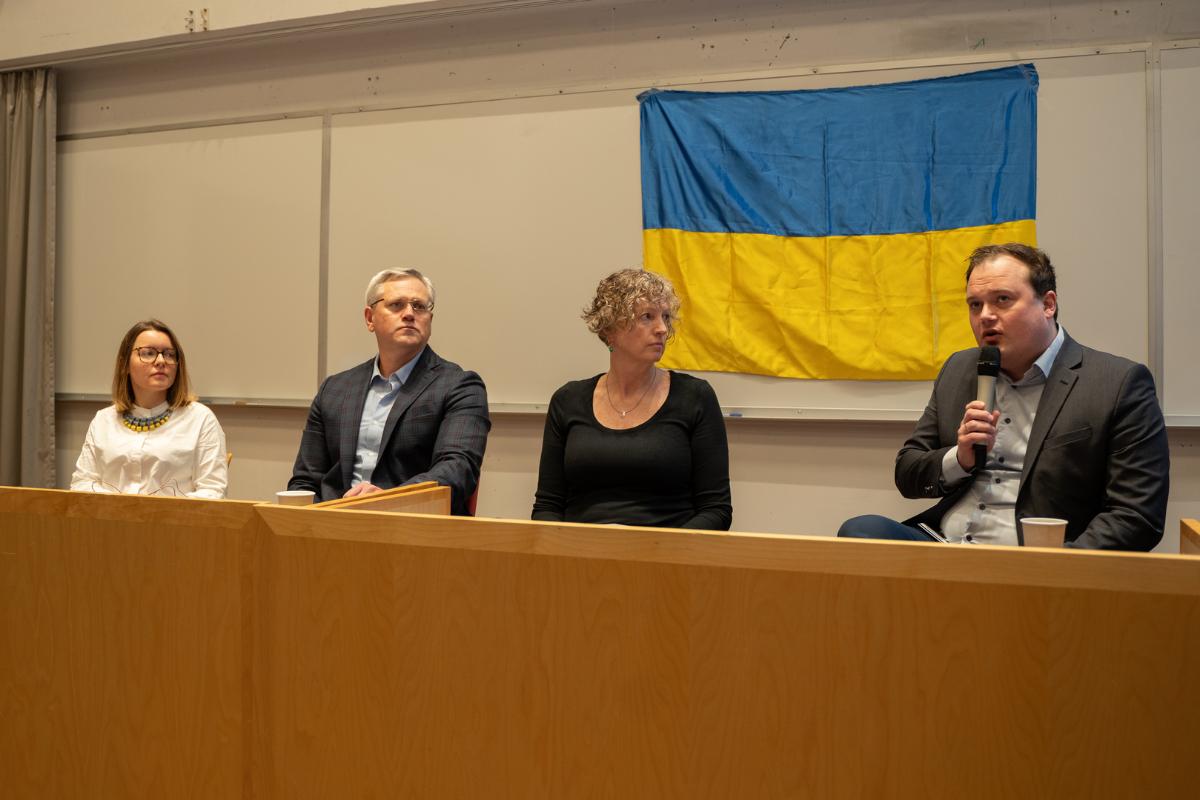Student Exchange at The Faculty of Law
Master’s students from our partner universities are very welcome to spend their exchange at our Faculty in Tromsø, either for one or two semesters.
We offer English-taught courses within the areas of Law of the Sea, Environmental and Climate Law, Energy Law, Indigenous peoples Rights, European Human Rights and International Law and Armed Conflicts.
Courses
Full-time studies for one semester consist of two courses. For more information about each course, please search for the course in the course catalogue.
The Faculty of Law currently offers the following English-taught courses:
Autumn semester (August-December)
JUR-3050 General Law of the Sea
JUR-3602 Introduction to International and EU Trade Law
JUR-3605 Indigenous Peoples' Rights
JUR-3626 International Criminal Law, Atrocity Crimes, and Transitional Justice
Spring semester (January-June)
JUR-3627 EU Energy and Climate Change Law
JUR-3620 International law and armed conflict
JUR-3622 International Environmental Law and Climate Change in the Arctic
JUR-3615 European Human Rights
Information and resources for exchange students at UiT
Practical information for incoming exchange students:
Admission for incoming exchange students at UiT
Enrolment checklist for international students
UiT Academic Calendar for the academic year 2025/2026
Newly admitted student: from admission to arrival
Information about courses incoming exchange students can take each semester:
English-taught courses for inbound exchange students
Incoming exchange students: ECTS and Traineeships Coordinators at the faculties
If you have questions about incoming exchange studies at the Faculty of Law, contact us at jurfak.international@uit.no.
Lenke: https://en.uit.no/enhet/forsiden#boks1


